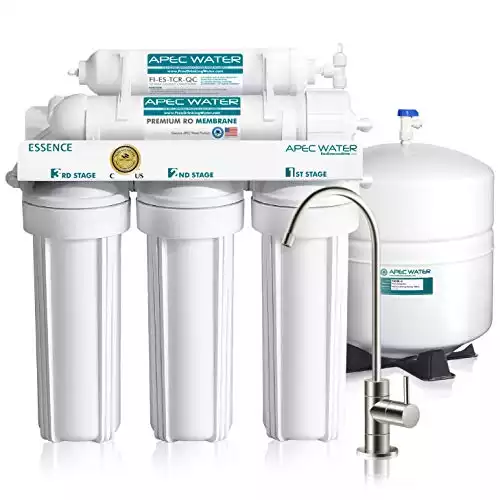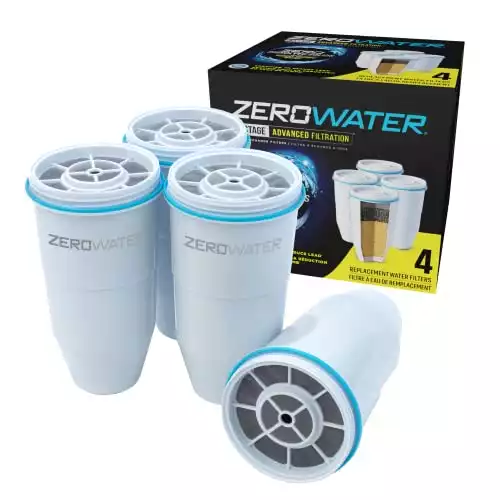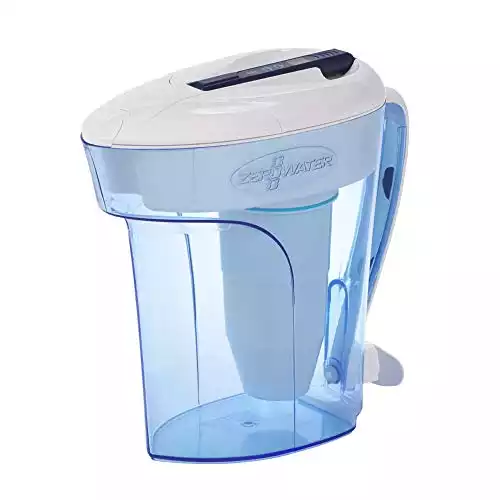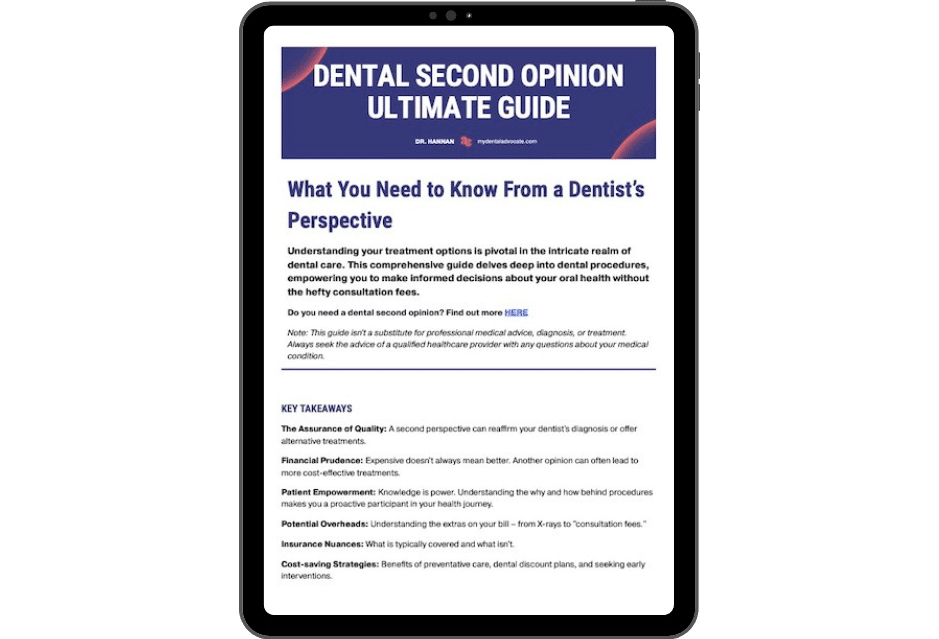Boiling Water for Fluoride Removal (Fact or Fiction)
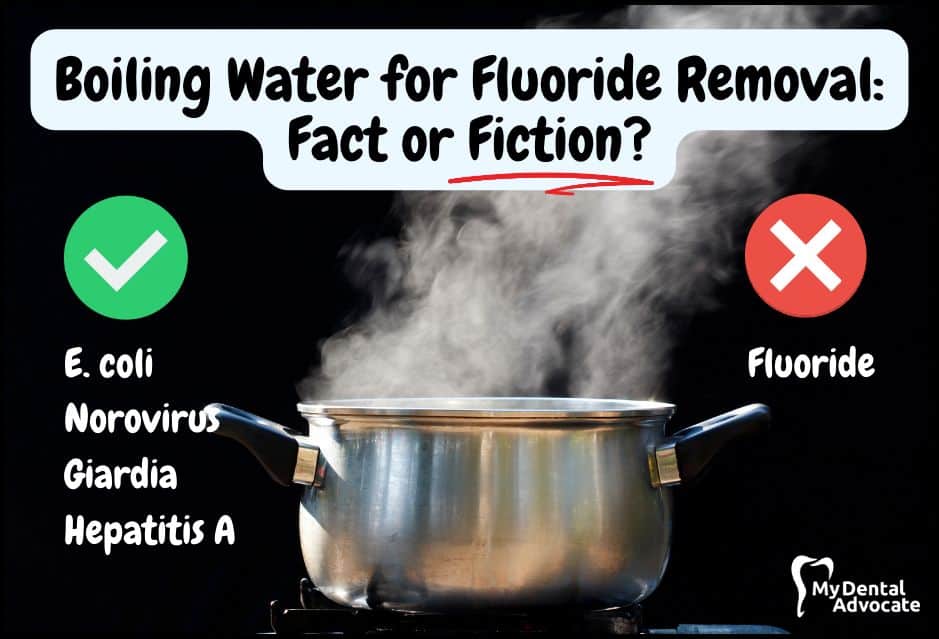
Fluoride in drinking water is a hotly debated topic.
Some people desire fluoride benefits, while others want it removed from their water. Does boiling water remove fluoride?
In this article, we’ll dive into the science behind boiling water and fluoride, the pros and cons of boiling water for fluoride removal, and alternatives to ensure that you have access to safe and healthy drinking water.
Recommended Reading: Dental Fluoride | The Ultimate GuideNeed Dental Advice? Ask Dr. Hannan!
Does Boiling Water Remove Fluoride?
Boiling water does not remove fluoride from drinking water. Boiling water can surprisingly increase fluoride concentration in the water.
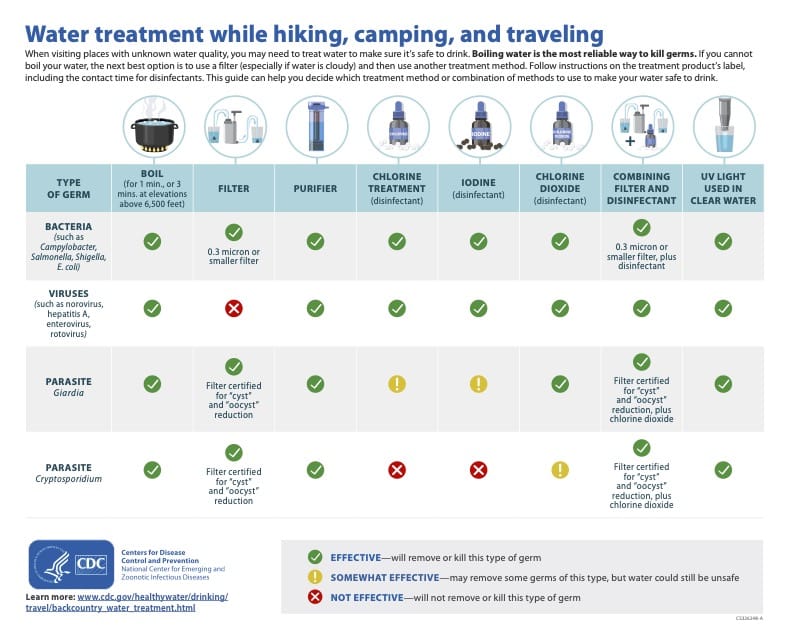
Impurities Removed by Boiling Water
Boiling water is a simple and accessible method for purifying drinking water and has been utilized for thousands of years.
However, some impurities are removed or destroyed when water is heated to a boiling temperature.
Understanding what impurities boiling water removes and its limitations can help you make informed decisions about the safety of your drinking water.
Explanation of Impurities and How Boiling Affects Them
Impurities in drinking water can come from various sources, including natural minerals, pollutants, and bacteria.
Boiling water affects these impurities in different ways. For example, boiling water can kill harmful bacteria, such as E. coli and salmonella, which can cause serious illnesses.
Additionally, boiling can help to remove some chemicals, such as chlorine, lead and arsenic, that may be present in drinking water.
However, boiling water is ineffective in removing all impurities, including fluoride.
Removed Impurities
- Kills Bacteria: Boiling water effectively eliminates harmful bacteria, offering a straightforward method to purify drinking water.
- Removes Certain Heavy Metals: Boiling can reduce levels of some heavy metals like chlorine, lead, and arsenic in drinking water.
- Reduces Harmful Chemicals: It can also help in removing certain chemicals, including volatile organic compounds (VOCs), from water.
Purification Limitations
- Limited Impurity Removal: Boiling water cannot remove all impurities, such as fluoride, from drinking water.
- Concentration of Contaminants: Boiling may increase the concentration of certain contaminants like nitrates and dissolved solids in the water.
- Source of Contamination Unaffected: Boiling water doesn’t tackle the original source of contamination, which might persist in the water supply.
Boiling water is a simple method for removing some impurities from drinking water. However, it is crucial to understand its limitations, including that it does not remove all impurities, including fluoride.
Understanding Fluoride
Fluoride is a chemical naturally present in some water sources and can also be added to drinking water through fluoridation programs.
Understanding what fluoride is, where it comes from, and its health benefits and risks can help you make informed decisions about your drinking water.
Fluoride Sources
- Natural Occurrence: Fluoride naturally exists in various water sources, such as groundwater and surface water.
- Fluoridation Efforts: To enhance dental health, fluoride is often added to public water supplies in certain regions through fluoridation programs.
- Contamination Sources: Fluoride can also contaminate drinking water due to industrial and agricultural activities.
Benefits & Risks
- Benefits: Fluoride is effective in reducing tooth decay, enhancing oral health, and preventing cavities.
- Risks: High levels of fluoride in drinking water can lead to health issues like dental and skeletal fluorosis, resulting in weakened bones and joint pain.
- Optimal Level: The recommended fluoride concentration in drinking water ranges from 0.7 mg/L to 1.2 mg/L for optimal benefits.
Fluoride is a chemical found in some water sources and is added to drinking water in some areas to promote dental health. While it has been shown to have several health benefits, it can also be harmful if present in drinking water at high levels.
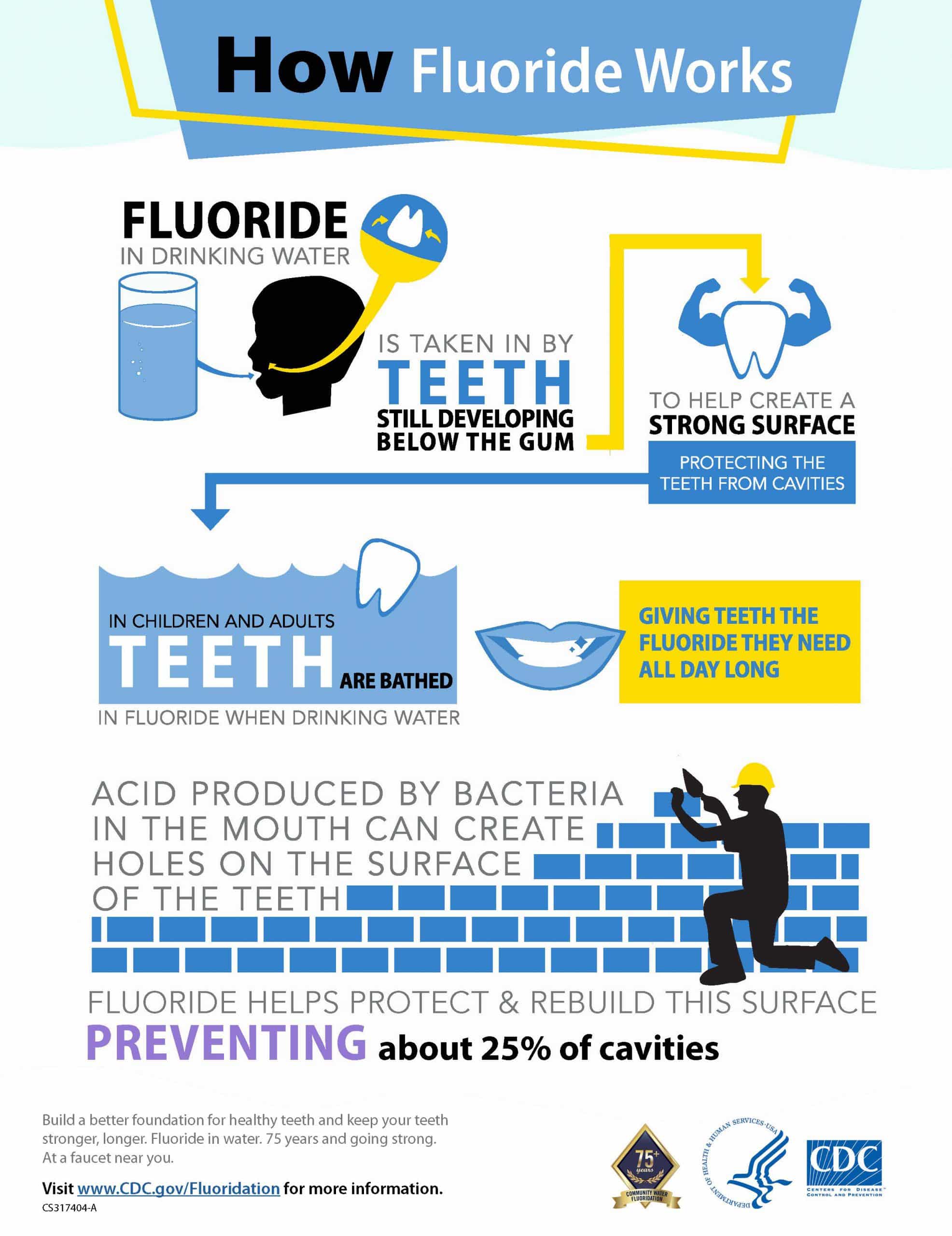
Importance of Fluoride in Drinking Water
Fluoride is an important chemical that has been shown to have several health benefits, particularly in oral health.
Understanding the role of fluoride in drinking water and the recommended levels can help you make informed decisions about your drinking water.
Role of Fluoride in Oral Health
Fluoride plays an essential role in oral health by strengthening tooth enamel and helping to prevent tooth decay.
When fluoride is present in drinking water, it is incorporated into the enamel on teeth, making it more resistant to decay. Fluoride repairs weekend enamel and reinforce the surface to prevent future enamel attack.
Recommended Reading: Does Filtering Water Remove Fluoride? (2024 Update)Recommended Fluoride Levels in Drinking Water
The optimal level of fluoride in drinking water is considered 0.7 mg/L to 1.2 mg/L.
This range has been shown to provide the maximum benefits for oral health while minimizing the risk of harmful health effects.
Importance of Fluoride in Preventing Tooth Decay
Fluoride is an effective tool in preventing tooth decay, particularly in children. In addition, drinking fluoridated water during the formative years of tooth development has been shown to reduce the incidence of cavities, improve oral health, and promote stronger, healthier teeth.
Overview of the Debate on Fluoride in Drinking Water
The debate on fluoride in drinking water revolves around the questions of safety, effectiveness, and the government’s role in regulating the use of fluoride in public water supplies.
Some argue that fluoride is a safe and effective way to promote oral health, while others believe the risks associated with high fluoride exposure outweigh the potential benefits.
Arguments for Fluoride
- Fluoride is an effective tool in preventing tooth decay, particularly in children.
- Fluoridated water has improved oral health, promoting more robust and healthier teeth.
- Fluoride is safe at recommended levels and has been used in public water supplies for decades.
Arguments Against Fluoride
- High fluoride levels can cause various health problems, including dental fluorosis, which causes discoloration and damage to teeth.
- There is a lack of consensus on the optimal level of fluoride in drinking water, leading to concerns about over-exposure.
- Some believe that the government should not be adding chemicals to public water supplies without the informed consent of citizens.
Best Fluoride Removal Products
Premium long-lasting filters remove up to 99% of contaminants such as chlorine, taste, odor, VOCs, as well as toxic fluoride, arsenic, lead, nitrates, heavy metals and 1000+ contaminants. Max Total Dissolved Solids - 2000 ppm.
America's No.1 rated water filter brand with 20 years of success guaranteeing trouble free, noise-free system for long-lasting, dependable, pure drinking water. 2-year extended manufacturer warranty is available upon registration
ZeroWater filters are the only pour-through filters NSF Certified to remove chromium & lead. Their pitchers, tumblers, & dispensers remove virtually all solids for the purest tasting water.
Fluoride Research Statistics
- Currently, around 370 million people in 27 countries consume fluoridated water.
- Fifty million consume naturally occurring fluoride.
- Fluoride was introduced as a preventative measure for dental caries in 1945 in Grand Rapids.
- Studies prove water fluoridation continues to be effective in reducing dental decay by at least 25% in children and adults.
- The average cost per year for U.S. communities to fluoridate the water ranges from $.50 per person for large communities to $3.00 per person for small communities.
Frequently Asked Questions (FAQ)
Do I need to filter fluoride?
Whether you need to filter fluoride from your drinking water depends on several factors, such as the source of your water, the concentration of fluoride in your water, and your personal preferences. If your water source contains high levels of fluoride, filtering it may be necessary to avoid potential health risks associated with excessive fluoride intake. Some people may also choose to filter fluoride for personal or philosophical reasons. There are several types of water filters available, including activated carbon filters, reverse osmosis filters, and ion exchange filters, which can effectively remove fluoride from drinking water.
What types of impurities are commonly removed by boiling water?
Bacteria: Boiling water can kill harmful bacteria that cause illness, making it a simple way to purify drinking water.
Heavy metals: Boiling water can help to remove some heavy metals, such as chlorine, lead and arsenic, from drinking water.
Harmful chemicals: Boiling can help remove some chemicals from drinking water, such as volatile organic compounds (VOCs).
Does bottled water contain fluoride?
Yes, some bottled water can contain fluoride. The amount of fluoride in bottled water can vary depending on the source of the water and whether it has been treated. Bottled water sourced from a public water supply is likely to contain the same level of fluoride as tap water. However, some bottled water brands market themselves as “fluoride-free” or “purified,” which may indicate that they have undergone a filtration process that removes fluoride. It’s best to check the label or contact the manufacturer for information on the fluoride content of specific bottled water brands.
My Experience & Expertise
As a practicing dentist, I have extensive experience using fluoride in my work.
Fluoride is a powerful tool in preventing tooth decay and treating dental issues, and I have seen its effectiveness firsthand in my patients.
In my experience, fluoride is an integral part of a comprehensive approach to oral health and hygiene, and it plays a critical role in preventing and treating dental problems.
Need a second opinion? We can help! Learn more. Knowledge is power when cultivating healthy dental habits. The more informed you are, the better positioned you’ll be to prevent avoidable and potentially costly dental procedures for you and your family. Watch for future blog posts, where we’ll continue sharing important information, product reviews and practical advice!
Sources
- ada.org
- Peckham S, Awofeso N. Water fluoridation: a critical review of the physiological effects of ingested fluoride as a public health intervention. ScientificWorldJournal. 2014 Feb.
- Harding MA, O’Mullane DM. Water fluoridation and oral health. Acta Med Acad. 2013.
- Jaafari-Ashkavandi Z, Kheirmand M. Effect of home-used water purifier on fluoride concentration of drinking water in southern Iran. Dent Res J (Isfahan). 2013.

About the Author
Dr. Matthew Hannan, also known as “Dr. Advocate,” is a board-certified dentist on a mission to provide accurate dental patient education. He attended Baylor University before completing dental school at UT Health San Antonio School of Dentistry. He now lives in Arizona with his beautiful wife and 4 kids. Dr. Hannan believes everyone should access easy-to-read dental resources with relevant, up-to-date dental research and insight to improve their oral health.

Connect with Dr. Hannan!
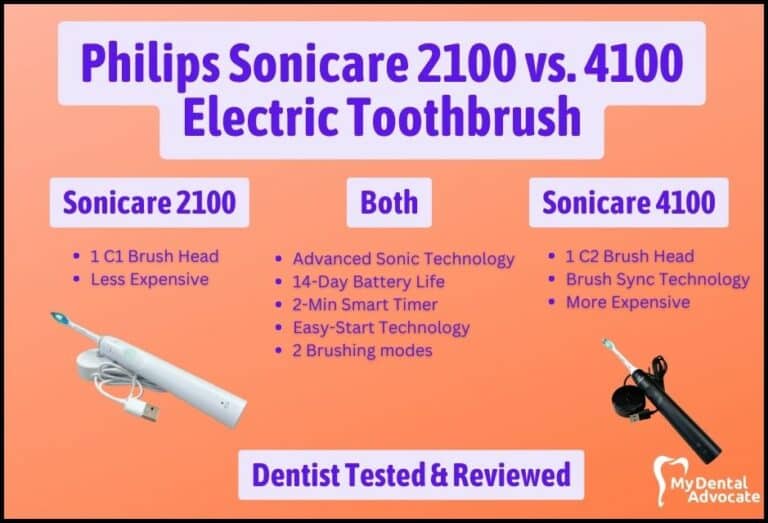
Philips Sonicare 2100 vs. 4100 Electric Toothbrush Review 2024
If you’re searching for a dentist-recommended electric toothbrush that offers a robust cleaning experience, you’ve probably come across Philips Sonicare. Specifically, the Sonicare 2100 and 4100 models are two fan favorites. But how do they stack up against each other?
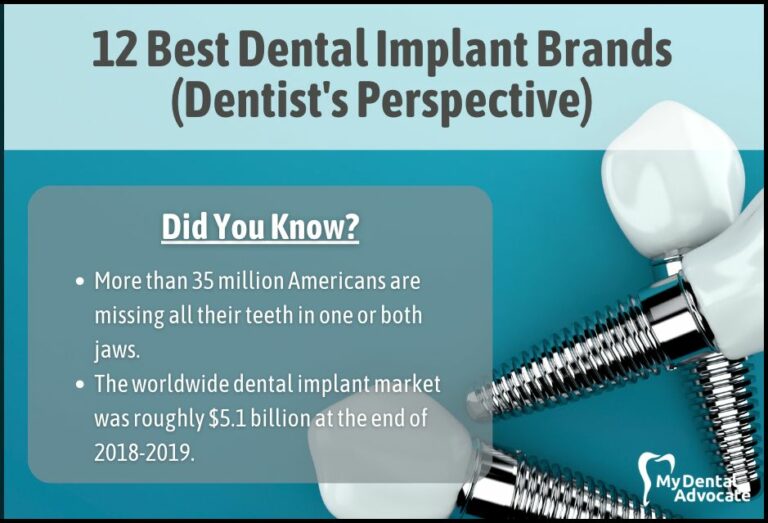
12 Top Dental Implant Brands (Full Review)
If you’re missing one or more teeth, you’re not alone. Millions of people worldwide have lost teeth due to injury, decay, or other causes. Thankfully, dental implants can provide a permanent solution to this problem.

The Fascinating History of Dentistry
Dental roots run deep in the mouth; they also run deep historically, dating back thousands of years. This extended period has allowed innovation and technological advances to improve the dental profession radically. Let’s take…
Gain Clarity with Our FREE Second Opinion Guide
Receive clear, expert second opinions online within 48 hours. Start today!
Product Reviews
Our 250+ dental product reviews (and counting), curated by an experienced dentist, are the most comprehensive online.
Toothbrush Genie
State-of-the-art chatbot designed to help you discover your perfect toothbrush in just a few simple steps!
Cavity Risk Assessment
Cutting-edge digital tool designed to evaluate your individual cavity risk based on your responses to a series of questions.
Gum Disease Assessment
Discover your gum disease risk with our quick and engaging 6-question assessment!


